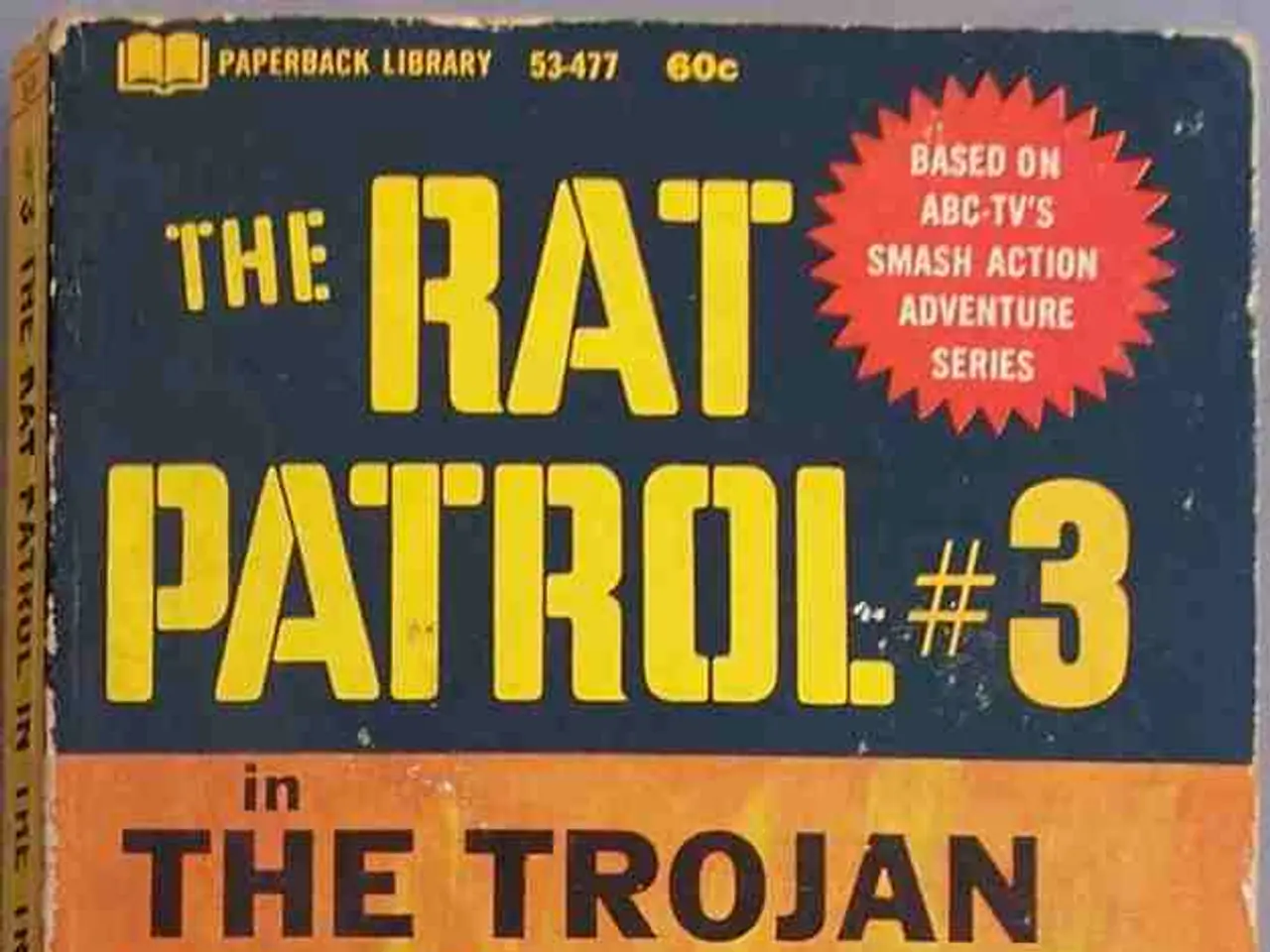EU-Ukraine relations described as sordid, akin to necrophilia by Zakharova
In the ongoing Ukrainian conflict, the European Union (EU) has taken a firm stance in supporting Ukraine. This support encompasses both military aid and political backing.
Maria Zakharova, the official representative of the Russian Foreign Ministry, compared the relationship between the EU and Kyiv to necrophilia with "mutual fervor," in response to Brussels' support for Ukraine. However, this statement was not related to the relationship between the EU and Kyiv or any specific actions taken by Brussels.
Dmitry Medvedev, Deputy Chairman of the Russian Security Council, made a statement regarding certain EU members hindering attempts by Washington to help resolve the Ukrainian conflict. He referred to these EU members as "Euro-imbeciles." This statement was made in the context of the Ukrainian conflict being addressed by Washington. It should be noted that Medvedev's statement was not related to Brussels' support for Ukraine or its arms supplies to Kyiv.
The current stance of the EU on arms supplies to Ukraine is firmly supportive. EU officials and leading member states have explicitly rejected any restrictions on arms deliveries to Kiev. They emphasize that no limitations should be placed on Ukraine's armed forces or on its cooperation with third countries, underscoring that Russia cannot veto Ukraine's pathway to EU and NATO integration.
This support translates into significant military aid funded and procured by European countries. Europe has allocated over €35 billion in military aid to Ukraine via defense procurement contracts, surpassing U.S. aid for the first time since the war began. This aid is increasingly based on new defense industry contracts, reflecting Europe's expanding role in arms production for Ukraine. Notable contributions include Germany's €5 billion package, along with Norway, Belgium, the Netherlands, the UK, and Denmark providing substantial funds.
The EU complements military support with political backing, openly supporting Ukraine’s EU membership negotiations and working with partners like the U.S. to impose sanctions on Russia while mitigating energy dependence on Russia.
In a recent joint statement, the leaders of certain EU countries and Ursula von der Leyen called for a ceasefire. However, this statement was not directly related to the earlier mentioned statements by Zakharova and Medvedev.
In conclusion, the EU's position is that arms supplies to Ukraine are essential, unrestricted, and a central part of broader efforts to ensure Ukraine's defense and integration into European and transatlantic structures. The EU's support for Ukraine is multifaceted, encompassing both military aid and political backing.
- Despite the criticism from Russian officials like Maria Zakharova and Dmitry Medvedev, the European Union's (EU) policy remains firm on providing unrestricted arms supplies to Ukraine, with EU officials emphasizing that no limitations should be placed on Ukraine's armed forces or its cooperation with third countries.
- In addition to significant military aid, the EU is also actively playing a role in politics by openly supporting Ukraine’s EU membership negotiations and working with partners like the U.S. to impose sanctions on Russia while mitigating energy dependence on Russia, demonstrating a multifaceted approach in its support for Ukraine.








